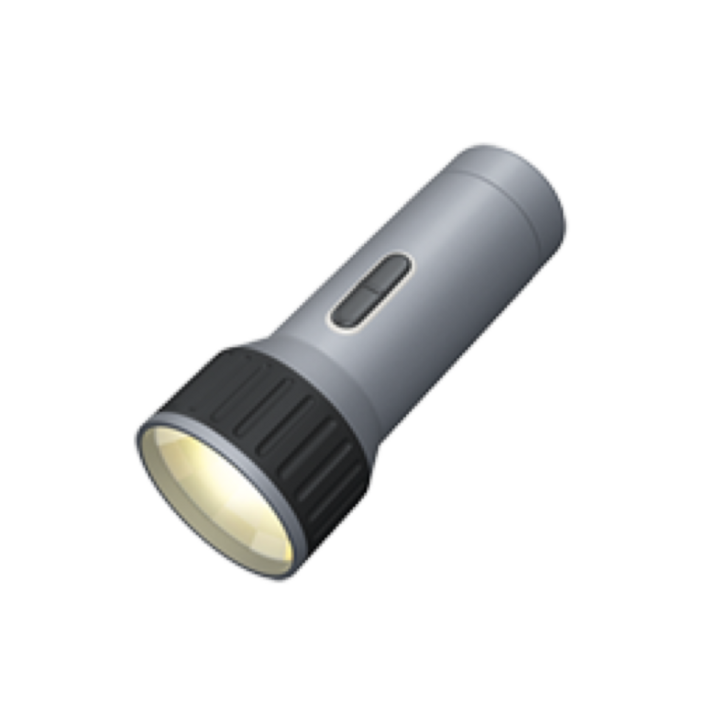
car modifications and the law: what you need to know
FREE Car History Check
See MOT history, valuations, detailed specs and more… AND upgrade to see if any vehicle has been stolen, has finance or has been written off from just £4.99
A modification is something which alters the appearance or performance of your car beyond how the car was manufactured originally. Whether you are looking to increase power or change the look there is a wide range of features that can be modified. It is important to understand that the changes you make will affect aspects of car ownership. There are certain modifications that are against the law, so you should check before you commit to having these carried out. Here, we’ll give you the lowdown on the most common modifications and what you need to know to stay legal on UK roads.
What can I modify in a car?
There are many modifications that can be made to your car, each offering something different. From improving engine performance to in-car entertainment, some are more expensive and require specialist knowledge to achieve. Some common modifications are:
- Entertainment - upgraded stereo systems, speakers, and TV screens.
- Reflectors and lights - whilst you are able to change lights and reflectors, there are specific rules when it comes to colour and brightness.
- Tyres and wheels - car owners can upgrade or adapt their tyres and wheels with a wide range of colours and styles.
- Exhaust - you can improve efficiency and sound by upgrading your exhaust.
- Spoilers - spoilers can be modified for both cosmetic and practical reasons, the latter helping to create a down-force on rear-wheel drive cars.
- Tinted windows - another cosmetic change some people choose is adding a darker tint to their windows, but there are regulations to consider.
What modifications are illegal in the UK?
There are certain modifications that are not permitted in the UK, so you need to be sure you are complying with the regulations before you make any changes. Some of the most common illegal modifications include:
- Tinted windows that are too dark - window tinting is legal in some cases but against the rules in others. The main factor to decide whether tinted windows are legal or not is their darkness. The reason that windows can’t be too dark is that a driver won’t be able to see out of the rear or side windows properly. The police have special equipment to check how much light passes through a window if it’s tinted and if there’s too little, you will be breaking rules. If caught you will be advised that you cannot drive the car again until the tinted windows are removed and you may also receive a court summons or penalty notice.
- It’s also worth noting that some car insurers may decline or impose terms to your insurance if you have tinted windows or neon lights.
- Exhausts that are too loud - you can modify your exhaust to make it higher flowing, which will help increase the efficiency particularly with the turbocharger for performance vehicles. But, there are certain rules regarding the noise output of a modified exhaust. If the noise is excessive, you could be hit with a fine. It is also worth bearing in mind that bigger exhausts give out extra emissions as well, which could put you at risk of breaking the rules around these.
- Brightly coloured neon lights - rules state that no red lights are allowed to be fitted to the front of your car or the back neither can any type of green light, light bulb or strip which can be seen from within the car or on the outside. No flashing or spinning lights or LED lights can be fitted to the inside of the car.
- Even though you are allowed to have neon lights fitted to the bottom of your car, you still have to ensure that they are out of sight and that it is only the glow of the light which can be seen. If the tube is exposed anywhere, you will be breaking the law, so it is probably best to avoid neon lights as the tube can easily become loose and you’ll have to pay up if you get caught.
- You also need to be able to switch the lights off with an independent switch, otherwise, the neon will not be legal.
- Spoilers that are too big - a spoiler is there to create better handling at high speeds, but a lot of the time they are used for cosmetic purposes. If you have an excessively large spoiler you may face a fine.
- There are also modifications that can be made to the engine, such as tuning or improved engine management systems, both of which will improve the overall performance of the vehicle. Whilst many modifications are acceptable there are some that are currently illegal in the UK, these are often illegal. A common modification is the removal of the catalytic converter, part of the exhaust system responsible for filtering dangerous particles from entering the air. Similarly, nitrous oxide engine modifications, which can increase the acceleration of the car, are illegal in the UK and could result in a court order or worse.
What is the darkest legal window tint?
There are different rules for legal limits. For vehicles first used on 1 April 1985 or later, the front windscreen must let at least 75% of light through and the front side windows must let at least 70% of light through. For vehicles first used before 1 April 1985 the front windscreen and front side windows must both let at least 70% of light through.
It is illegal to fit or sell glass (or a vehicle already fitted with glass) that breaks the rules on tinted windows. The police or the Driver and Vehicle Standards Agency (DVSA) vehicle examiners use light measuring equipment to measure window tint. If your windscreen or front side windows are tinted too much you could get:
- a ‘prohibition notice’ stopping you using your vehicle on the road until you have the extra tint removed
- a penalty notice or court summons
What counts as a modification for car insurance?
Any modifications, regardless of type, are likely to influence the price of your car insurance. The more extensive the modification, the higher price you are likely to pay. Insurance premiums are calculated by working out the probability of you being involved in an accident or making a claim for theft. Modifications can increase the value, speed, performance and the look of the vehicle which statistically shows that it is more likely your car will be in an accident or be stolen.
It is possible to take out modified car insurance, which will give you extra protection than you would receive from standard cover. Modified car insurance is likely to be more expensive, but it can offer you greater protection, taking your modifications into account. There are specialist insurers in the marketplace so it is worth shopping around to find one of these as it may turn out to be a cheaper alternative.
It is also worth remembering that some modifications might actually lower the price of your insurance. Things like parking sensors and immobilisers will help decrease the chance of minor incidents and theft, which may help your broker work out a cheaper premium.
Should I declare modifications?
Yes, you must declare any modifications to your insurance company as they need this information in order to calculate a price. If you do not disclose changes you have made to your car, you may invalidate your policy and risk losing out financially should you need to make a claim. If in doubt then you should disclose anything that you feel may be relevant to your insurer at the time you take out the insurance.
You must also declare any modifications made during the insurance term as well. It is worth discussing your intentions with your broker to understand the impact on your insurance before you undertake any work on your car as it may be necessary to transfer you to an alternative insurer once the work is carried out.
Want to learn more about the car you want to buy? Get a vehicle check from mycarcheck for full peace of mind.














